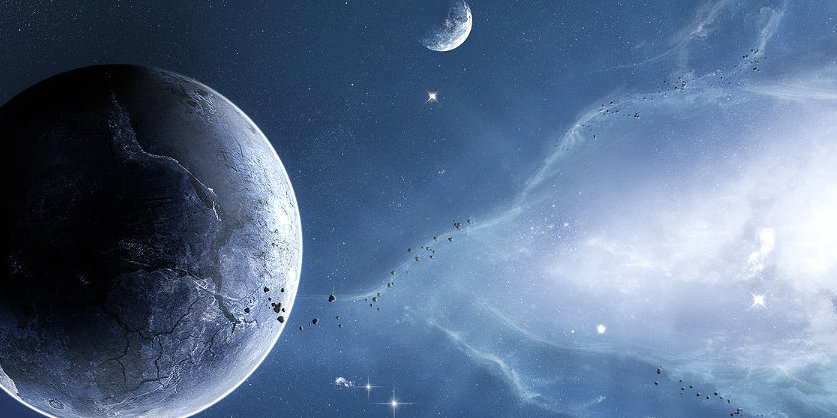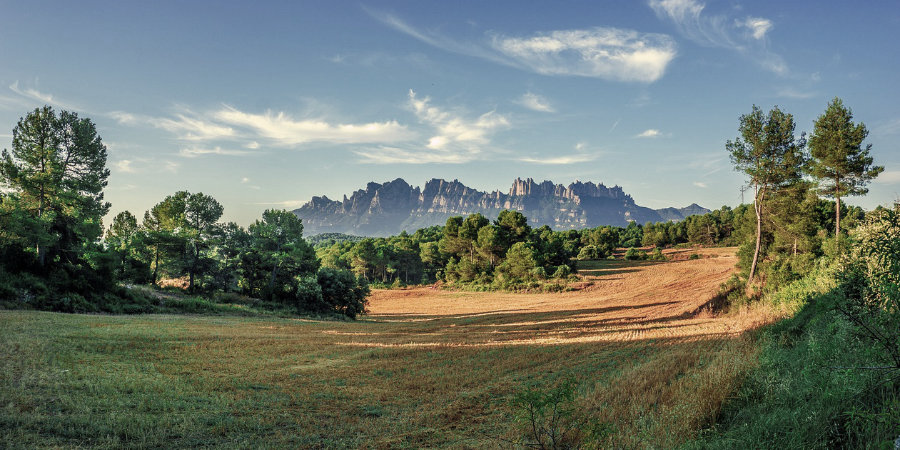Creation – Genesis 1
Blessing and Limitations bestowed on Mankind
Then God blessed them, and God said to them,
“Be fruitful and multiply;
fill the earth and subdue it;
have dominion over the fish of the sea, over the birds of the air, and over every living thing that moves on the earth.”
Genesis 1:28
In the beginning, God created the heavens and the Earth. We find a record of this momentous event in Genesis 1-2:2. There are some interesting features regarding this record.
In the first three days of creation, we see God naming the things He created. On day 1,
The record of the second three days mentions God making or creating things. God made the sun, moon, and stars on Day 4. He created the sea creatures and birds on Day 5. On Day 6,
The last three days of creation, days 5-7, are days having a record of God blessing His creation. On first of those days, Day 5, God blessed the sea creatures and birds with fruitfulness and population increase. On the last day, after
- Be fruitful and multiply.
- Fill and subdue the earth.
- Have dominion over all other created creatures.
Be fruitful and multiply.
Obviously, this portion of the blessing tells us that God intended there be
Subdue the Earth.
Although God created an uncultivated planet, it was not His intent that wild, untamed wilderness always characterize the earth. He wanted mankind to spread throughout the planet, not as sub-component of nature, but as its master. He blessed mankind with the authority to transform nature, making of it whatever they saw best.
Have dominion over the animals.
With the blessing to multiply, men would need increasing
These blessings gave mankind abilities and freedoms unknown to the angels. The angels
Man is a creature to whom God has given free reign to multiply and do as he wishes within the realm of Creation that he occupies.
God
Interestingly, mankind
Incidentally, but not coincidentally, food points to a key component of human life – fellowship. God designed mankind to thrive on fellowship (i.e., sharing in the good things of life’s experiences). In giving mankind nourishment that is enjoyable, God created an environment for
Ultimately, God’s purpose was a creature with whom He could share the good things of life. Simply put, God created a creature with whom He could fellowship.
When God blessed and sanctified the seventh day,
It would appear that the seventh day of creation is a foreshadow of God’s agenda and purpose for mankind. He intends that one day, all His people will enter a rest of enjoying the results of the work of His Son. Already, mankind can
Sovereignty
God determined to create living creatures (people) who had the capacity to enjoy the good things of life with Him. He limited them to living in the physical realm which He created for them. Within that realm, He made them dependent upon Him to sustain their life. God also blessed them with freedom to choose how they would use and enjoy the physical things of Creation.



Most of what you wrote was good, but your description of sovereignty was lacking
You need a better explanation of Gods ultimate sovereignty over His creation